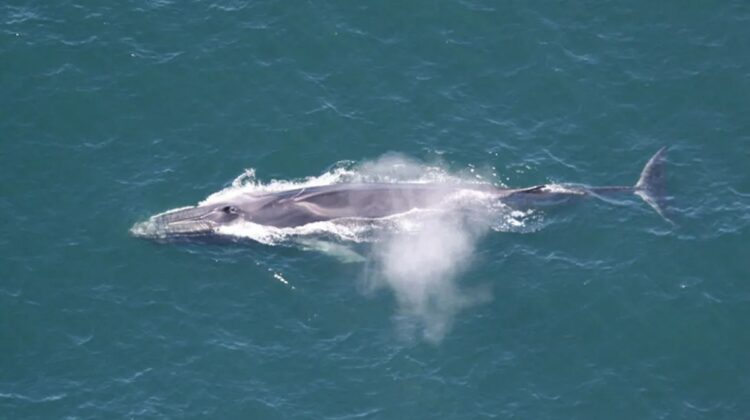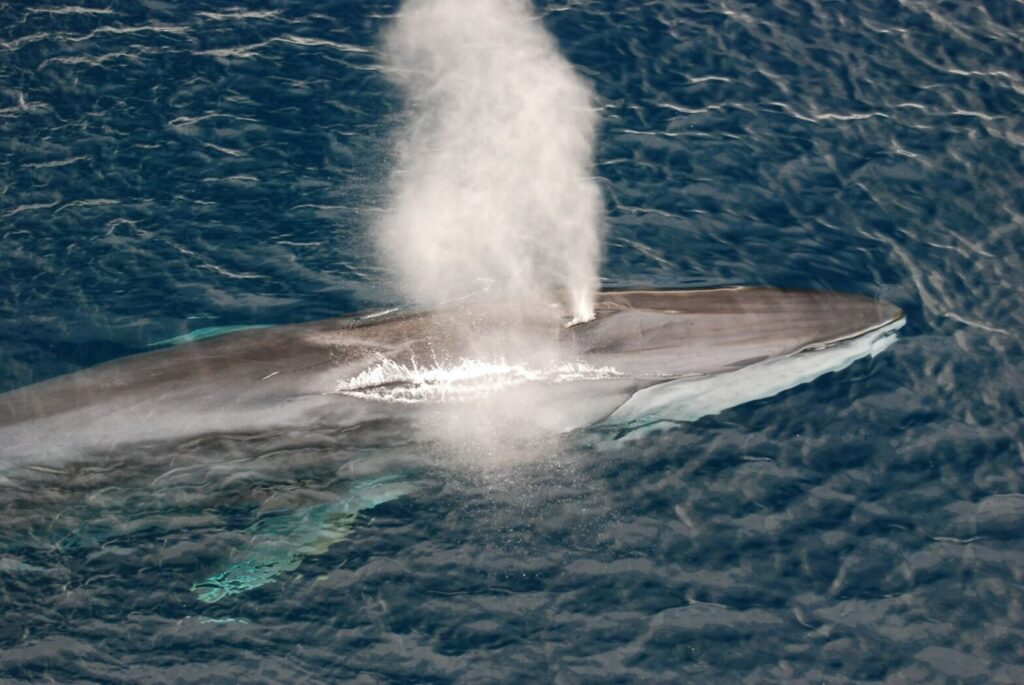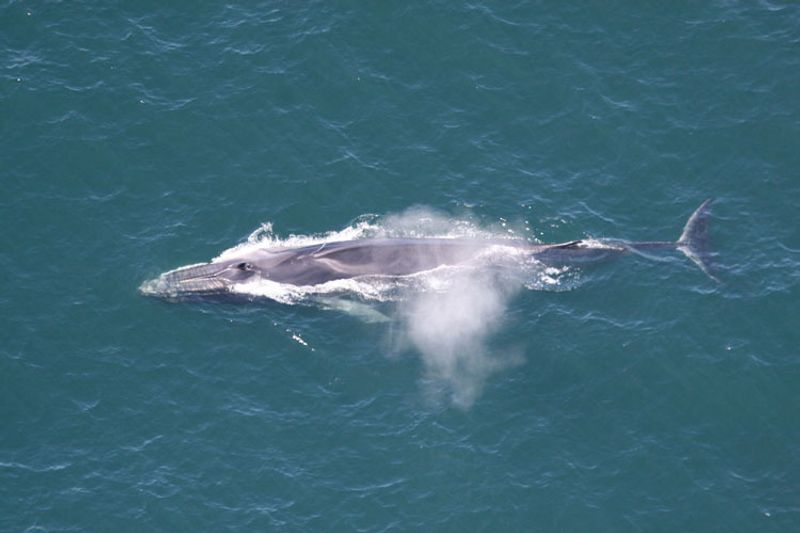
Fin whale meat is back on the menu in Japan.
The resumption of commercial whaling by Japan in June 2019 stirred global controversy, and now, the nation’s latest move has once again ignited furor among conservationists. Japan has announced its decision to include fin whales, the second-largest animal on Earth, to its list of commercial whaling species within its exclusive economic zone.
The decision, unveiled on May 9, has been met with widespread condemnation, with conservationists labeling it “an appalling step backwards.” The move, facilitated by the Government of Japan, has drawn sharp criticism from environmental groups worldwide.
Fin whales, scientifically known as Balaenoptera physalus, are majestic marine mammals that can reach lengths of up to 25 meters (85 feet), second only to the colossal blue whale. Despite being vulnerable to extinction, they have been targeted for commercial whaling, a practice that conservationists argue is unsustainable and inhumane.

The inclusion of fin whales in Japan’s commercial whaling roster brings the tally of targeted species to four, alongside minke whales, Bryde’s whales, and sei whales. This development is particularly concerning due to the species’ size and scarcity. Fin whales, once listed as “endangered” by the International Union for Conservation of Nature (IUCN), were recently reclassified as “vulnerable.” While their population has shown signs of recovery since the 1970s, the decision by Japan threatens to reverse this progress.
“This is an appalling step backwards and the latest desperate effort by the Government of Japan to stimulate an almost non-existent consumer demand for whale meat in Japan,” remarked Clare Perry, a Senior Ocean Adviser at the Environmental Investigation Agency (EIA). Perry highlighted the critical role fin whales play in the marine environment as carbon capturers, emphasizing the urgent need for their protection.
Japan’s resumption of commercial whaling in defiance of the International Whaling Commission’s (IWC) moratorium has been a contentious issue. Despite the global ban on commercial whaling, Japan withdrew from the IWC, citing its intention to pursue sustainable whaling practices. However, critics argue that the inclusion of fin whales in Japan’s commercial whaling operations undermines international conservation efforts and flouts legal obligations under customary international law and the UN Convention on the Law of the Sea.

Image credit: NOAA Fisheries
“Japan now proposes to kill the second-largest animal on the planet, despite the global ban on commercial whaling and the nation’s legal duty to cooperate with the IWC,” lamented Perry, echoing the sentiments of many conservationists.
As Japan presses ahead with its decision to hunt fin whales, the international community faces a stark reminder of the ongoing challenges in protecting vulnerable marine species and preserving the delicate balance of marine ecosystems. The fate of fin whales hangs in the balance, underscoring the urgent need for concerted global action to safeguard these magnificent creatures for future generations.

Leave a Reply